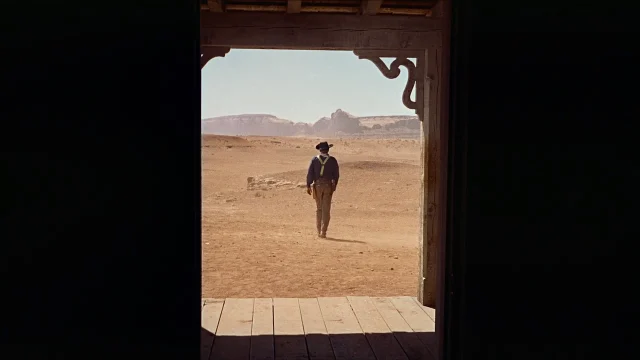
John Ford is cinema. Born in Portland, Maine, in 1894 — just as motion picture cameras were first being put to good use — Ford followed his older brother Francis out to Hollywood and started working in a career that would last half a century, directing more than 130 films and winning six Oscars. Along the way, he gave the silver screen some of its founding myths, transformed the Western genre and painted a picture of American history so fraught with contradiction that he seemed to be revising it as he went.
Joseph McBride has written extensively on the Hollywood director, always when Ford’s legacy needed rescuing. His first book on the filmmaker, which he co-authored with Michael Wilmington and first published in 1975, has been revised and expanded and will be re-released by the University Press of Kentucky on Dec. 5.
Defending Ford’s legacy takes some doing, and McBride provides the perfect guide. With a sharp eye and welcoming style, the author explains how Ford was an artistic visionary who hated explaining himself, an individualist who believed in community and a member of the Irish diaspora who showed how the constant waves of immigration shaped the American experience.
McBride’s career as a film scholar and historian — one of the best — practically started when he interviewed Ford on the day of the director’s unwitting retirement in 1970. McBride’s inclusion of that interview in this revision is enough for Ford fans to go out and buy another copy. He also includes three new essays — one on Ford’s silent pictures, another on the filmmaker’s treatment of race and a third on his use of Irish comedy — that further expand on the director’s oeuvre (a word Ford would have no doubt hated). The result is a shade over 300 pages that breeze by oh-so-quickly and drive the reader back into the indelible films that started it all.
ON THE PAGE: John Ford: Revised and Expanded Edition by Joseph McBride and Michael Wilmington is on sale Dec. 5 via The University Press of Kentucky.














